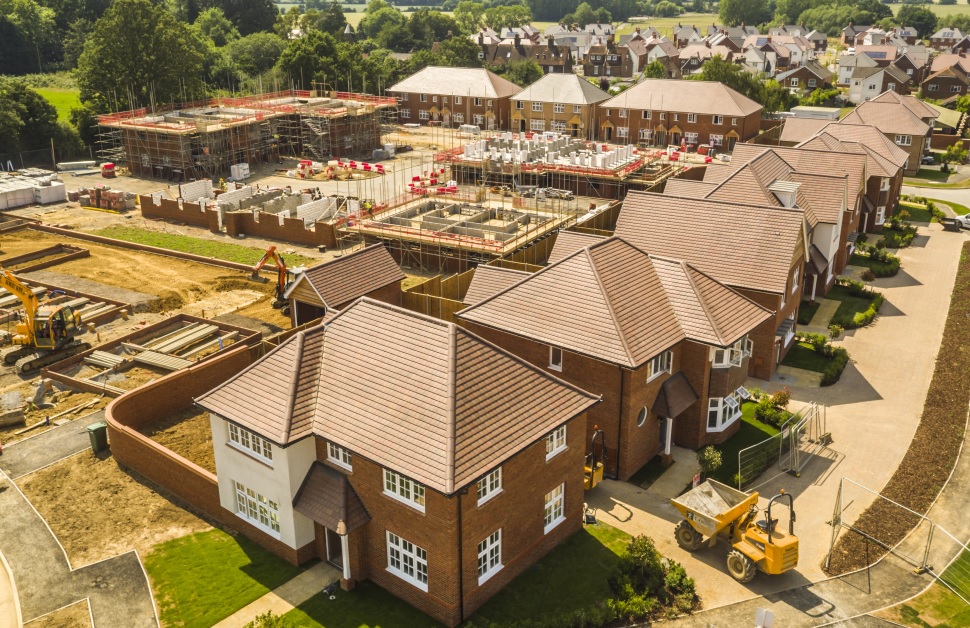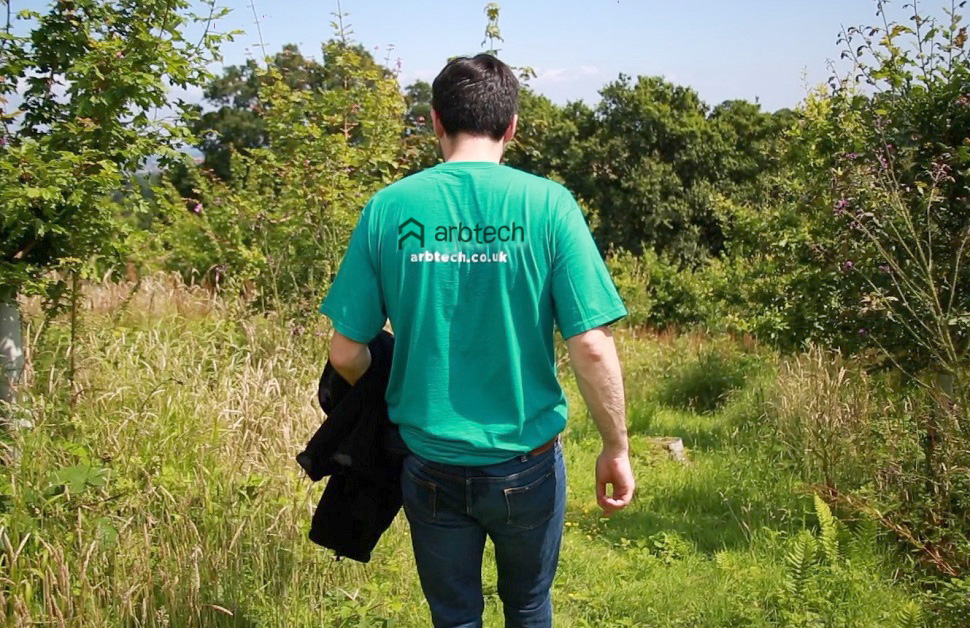
Integration of BNG from Various Local Planning Authorities
In what he claimed was a ‘commitment to protecting and enhancing our natural world [that] can go hand in hand with our ambition to build more high-quality homes’, Michael Gove – who was the environmental secretary at the time – announced the concept of biodiversity net gain (BNG) in December 2018. Following an immediate consultation organised by DEFRA, the chancellor of the exchequer at the time (Phillip Hammond) then presented the spring statement, featuring biodiversity net gain.
The Environment Bill was announced in October 2019, created with the aim of replacing policies that intended to protect the environment but were lost following Brexit. Upon completion of numerous readings in the House of Commons and the House of Lords, the Environment Bill attained royal assent and became the Environment Act. Within it, biodiversity net gain was present alongside several environmentally beneficial policies, and it officially passed into law in 2021.
Since this point, developers and local authorities alike have been forced to judge for themselves whether or not it would be worthwhile to act as if BNG was an applicable part of planning, even though it hadn’t yet become enforceable on a nationwide scale. Between an element of backtracking from the government from a previous pledge towards preserving and enhancing the state of the environment, changes to proposed dates for universal enforcement of the policy, and a lack of transparency across all parties, developers are forced to ask: “when does biodiversity net gain come into effect?“
Conditions of the Policy in Planning
After years of permitted development without any consideration for the repercussions inflicted on the environment, biodiversity net gain was brought in as a method of counteracting the side effects of planning projects. It would mean that instead of allowing the standard of biodiversity to undergo degradation, BNG would ensure that the value of biodiversity was retained at the same level before being improved upon by a further 10% minimum increase.
A myriad of variables are factored into the process of achieving BNG, and as such, it can be a confusing, complicated and stressful goal for developers to deliver. Not only that, but as the government gave local councils all over the country an option to demand the planning policy or not until it was an enforceable law following the planned rollout, developers were stuck with the issue of understanding it alongside the issue of gauging whether or not it is needed in the eyes of their local planning authority.
In order for developers to realistically find success in meeting the mandate, the input of an ecologist acting as a biodiversity net gain consultant is needed as a method of quantifying current and predicted biodiversity value before and after a project, as well as initiating the necessary changes. Our team have always been at the forefront of updates regarding the planning policy, enabling us to conduct biodiversity net gain assessments and produce biodiversity net gain plans / biodiversity net gain reports for clients to guide them in satisfying the policy’s distinct requirements.

When Does Biodiversity Net Gain Apply?
Ever since the biodiversity net gain policy was introduced into UK legislation as part of the Environment Act in 2021, a two-year transition period was enacted to assist developers and local councils with adjusting to such a monumental change in planning. Up until the universal rollout, every local planning authority in England was given the opportunity to insist upon the implementation of BNG within development plans or not at their discretion.
Out of the countless local authorities up and down the country, the majority opted to enforce the BNG policy as if it were already applicable. Although it was enough of an additional obstacle for developers to quickly become accustomed to the policy, certain planning departments were particularly strict, including Bath and North East Somerset Council, Buckinghamshire Council, Cheshire East Council, Devon County Council, Doncaster Council, Dorset Council, Kirklees Council, Leicester City Council, Milton Keynes City Council, Sutton Council, and Warwickshire Council Council.
Changes to the Official Release Date of Biodiversity Net Gain
Once the Environment Act was formally enacted in 2021, the transition period began, ending in November 2023. For three years, the roll-out date remained the same, up until a change in September 2023 that threw the universal implementation of BNG into uncertainty. That said, while the news was met with disappointment and concern, it wasn’t necessarily a surprise given recent comments from Prime Minister Riski Sunak and the feeling coming from the wider conservative party.
COP26 saw then-Prime Minister Boris Johnson encouraging world leaders to come together in aid of the climate crisis. It also echoed the words of the late Queen Elizabeth II, who famously said: “The time for words has now moved to the time for action.” Rishi Sunak has since taken over as Prime Minister in October 2022, and both his actions and his words have shown an entirely contrary view of the importance of the environment and the prepared efforts to fight climate change.
Despite claiming that he was ‘proud that Britain is leading the world on climate change’, Sunak opted in September 2023 to weaken the government’s key green commitments. Such changes included delaying the dates for banning off-grid fossil fuels and new petrol and diesel cars from 2026 and 2030 to 2035, removing new energy efficiency rules on homeowners and landlords, reviewing planned new recycling schemes, scrapping changes to tax designed to discourage unnecessary flying, and pushing back the previously concrete date for biodiversity net gain to become mandatory.

When Does BNG Become Mandatory?
A week after Sunak’s comments regarding a change in priorities that would see the UK government slow and ease policies intended to enhance the condition of the environment, it was announced that enforceable biodiversity net gain would indeed be delayed indefinitely. The situation was frustrating and worrying for individuals and organisations that show consideration for the environment – including Arbtech – but fortunately, it didn’t take long for the government to come forward with an improved date.
Within 24 hours of declaring a delay to mandated BNG, the government stated that the improved date was set for January 2024 before being pushed back once again to February 2024. Rather than an extended period of uncertainty or a confirmed date that was several months ahead of the originally intended date, it was settling to discover that it would be rolled out a mere two months after the prior deadline. The focus then, however, was set on monitoring if the government would follow through or once again impose a delay.

There are no comments yet. Why not get involved?